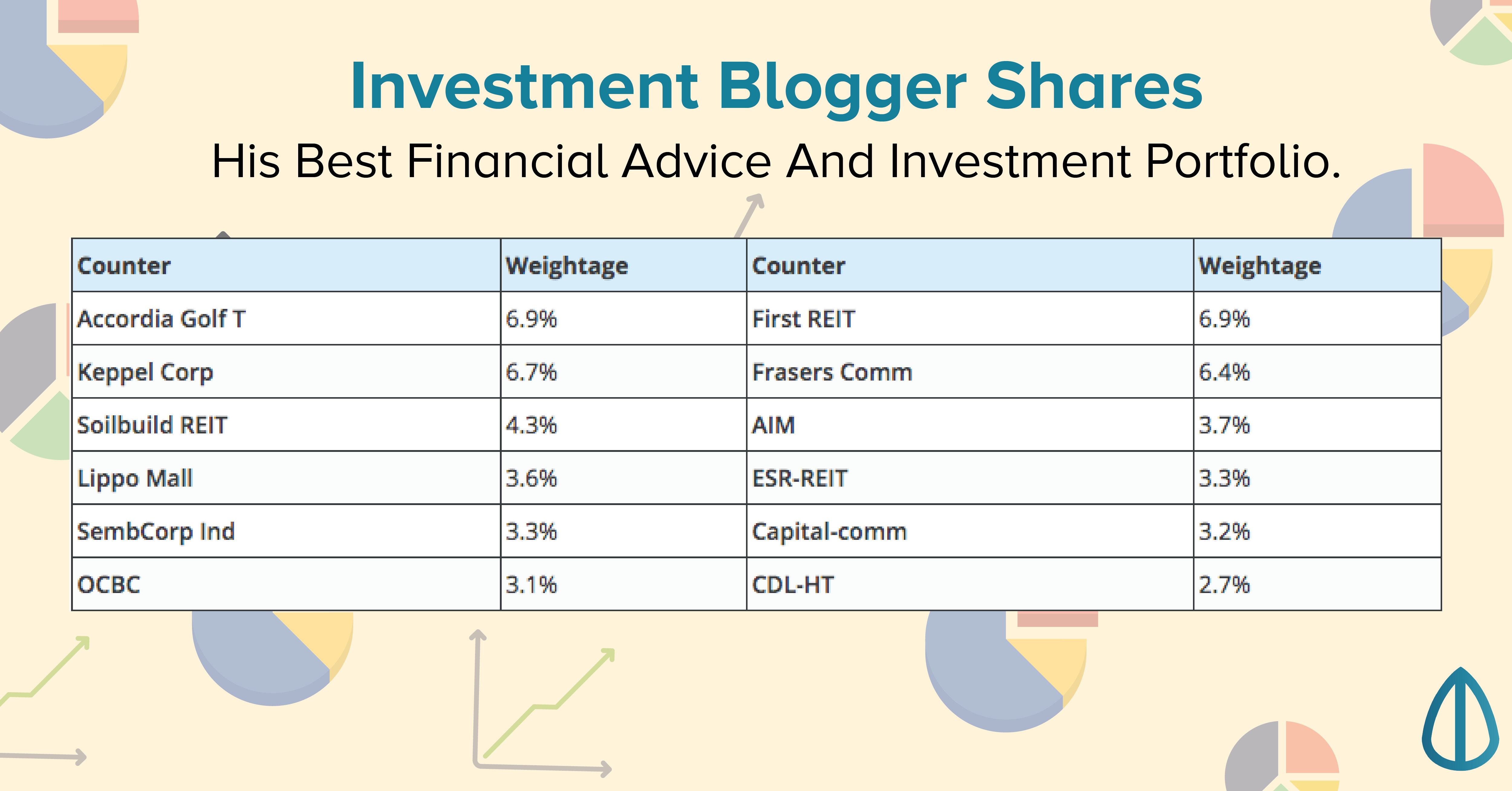Advertisement
Anonymous
What are the pros and cons of investing in ETFs? Based on my understanding, ETFs are generally a safer asset class than the more risky ones like stocks investing.
Does that mean then for investors who are willing to take on risks, they shouldn't consider ETFs then?
1
Discussion (1)
What are your thoughts?
Learn how to style your text
Ong Xun Xiang, CA, CFA
28 Jul 2021
ETF Product Specialist at Lion Global Investors
Reply
Save
Write your thoughts
Related Articles
Related Posts
Related Posts
Advertisement









ETFs provide several benefits for investors, such as:
Diversification – Investors typically use ETFs to gain exposure to all the constituents of the index, thereby diversifying their portfolio without having to purchase individual assets underlying the index.
Low costs – As ETFs are typically passively managed, they typically have lower fees and charges than actively managed funds.
Flexibility – An ETF can be bought or sold at any time during the trading hours of the stock exchange, providing the same flexibility as any individual stock.
Transparency – The holdings of an ETF will generally be published on a daily basis, thus providing full transparency of the underlying exposure to investors.
However as ETFs are listed on the stock exchanges, they are subject to risks similar to those of stocks. Investment returns will fluctuate and the values of the units in ETFs (and any income from them) are not guaranteed and may go down as well as up. In addition, ETFs are subject to tracking error risk, with factors such as fees and expenses of the ETFs potentially resulting in imperfect correlations between the ETFs and their respective indices. Details of the risks relating to the Lion-OCBC Securities China Leaders ETF can be found in its prospectus.